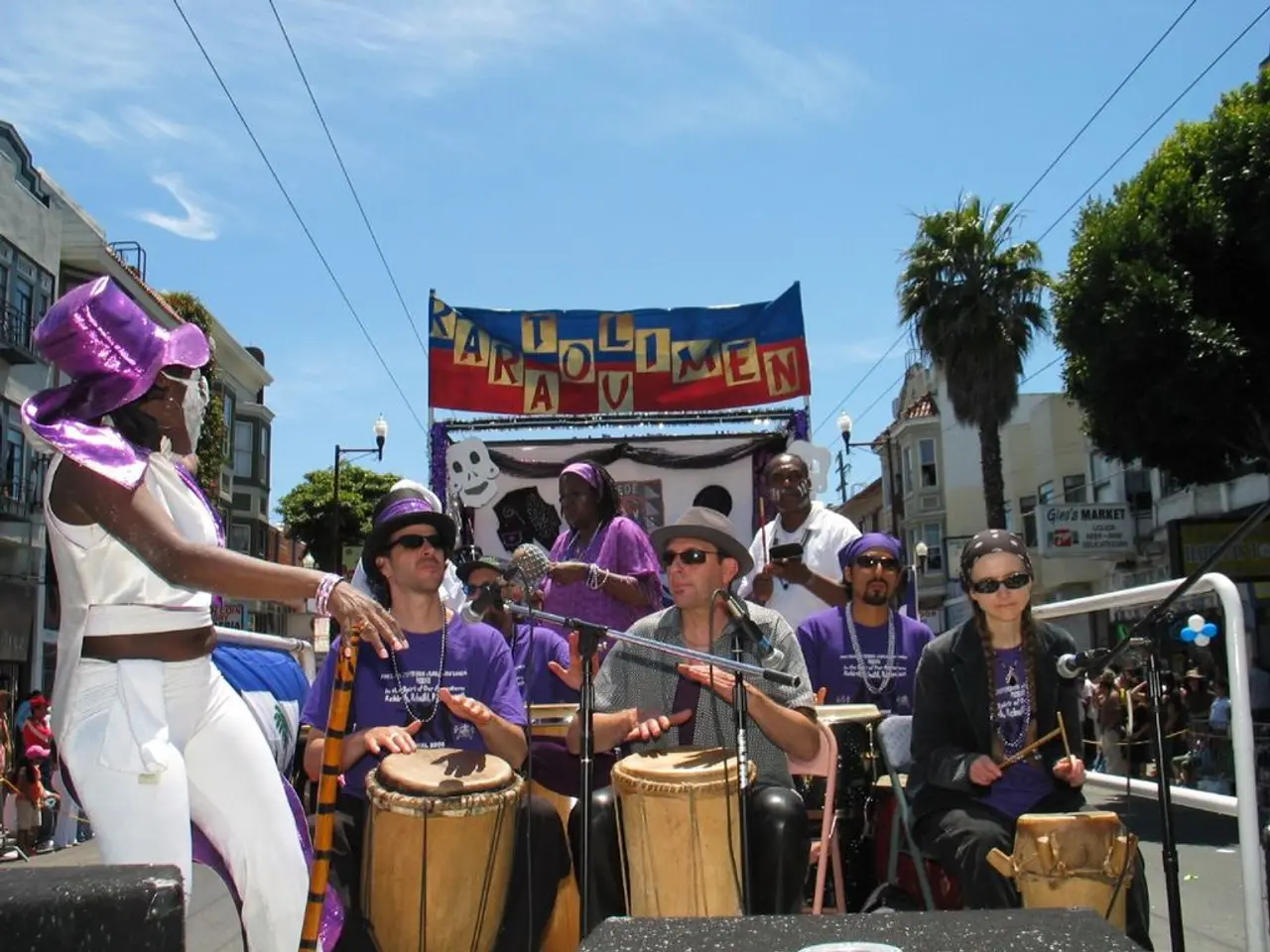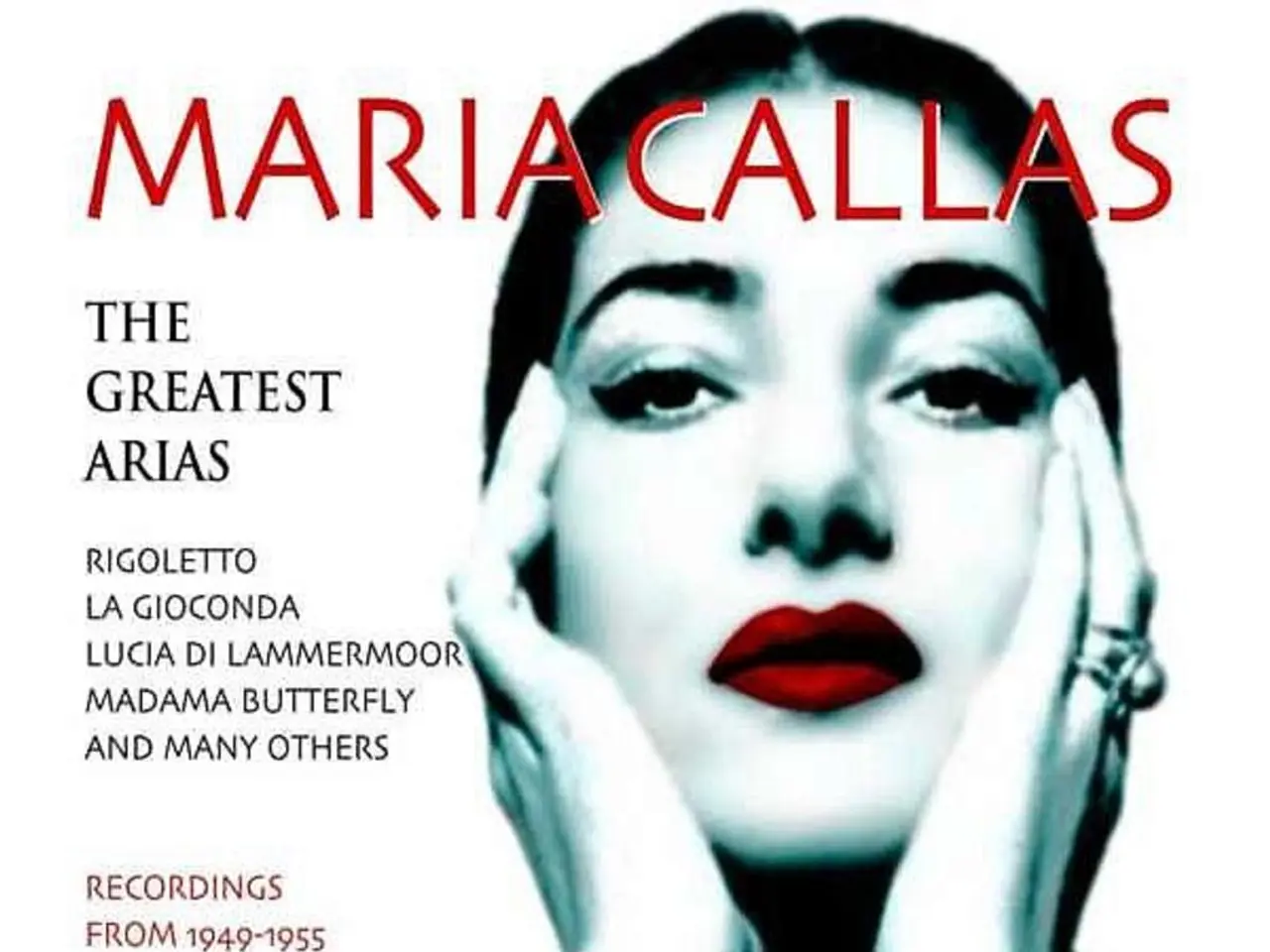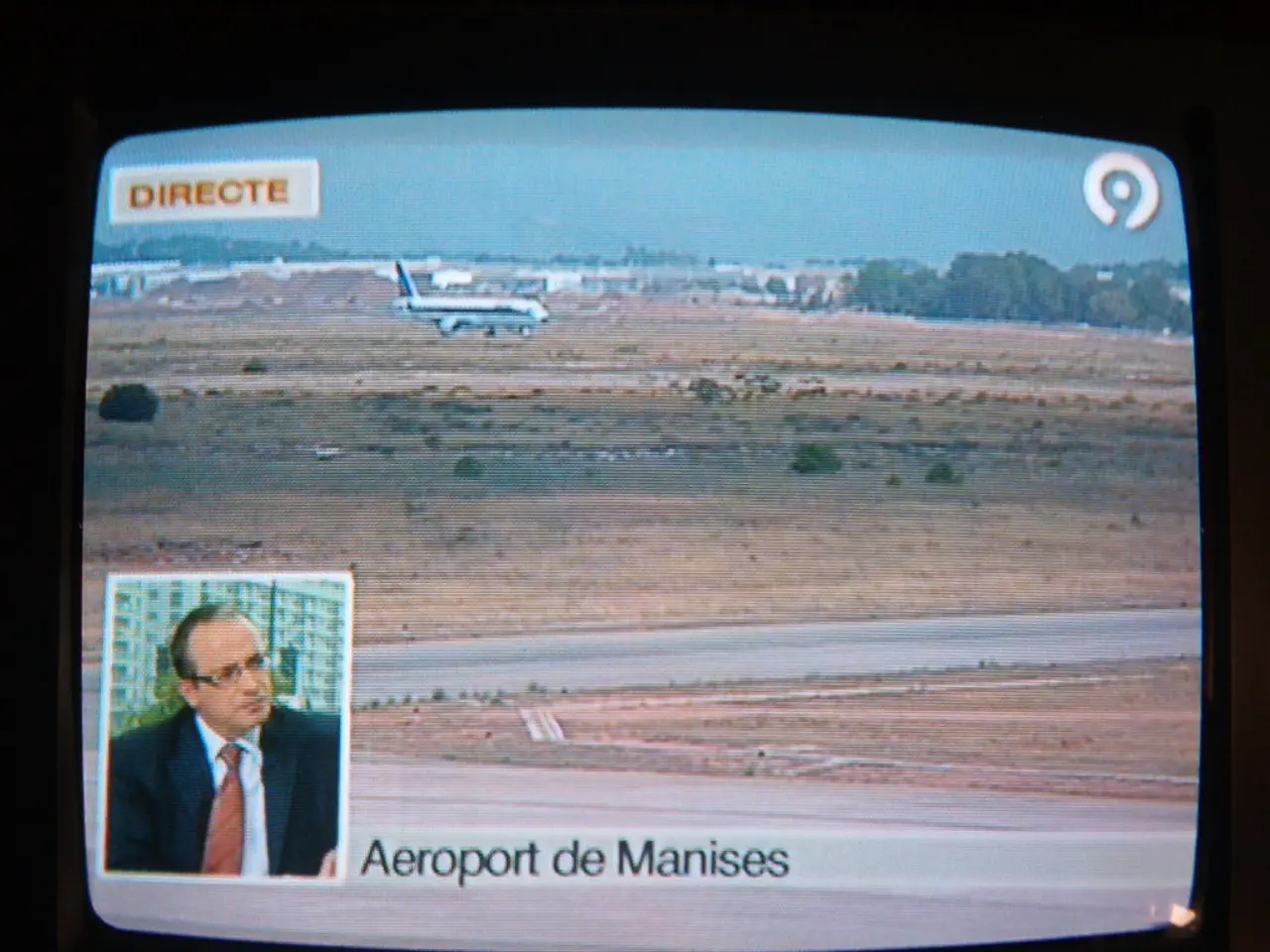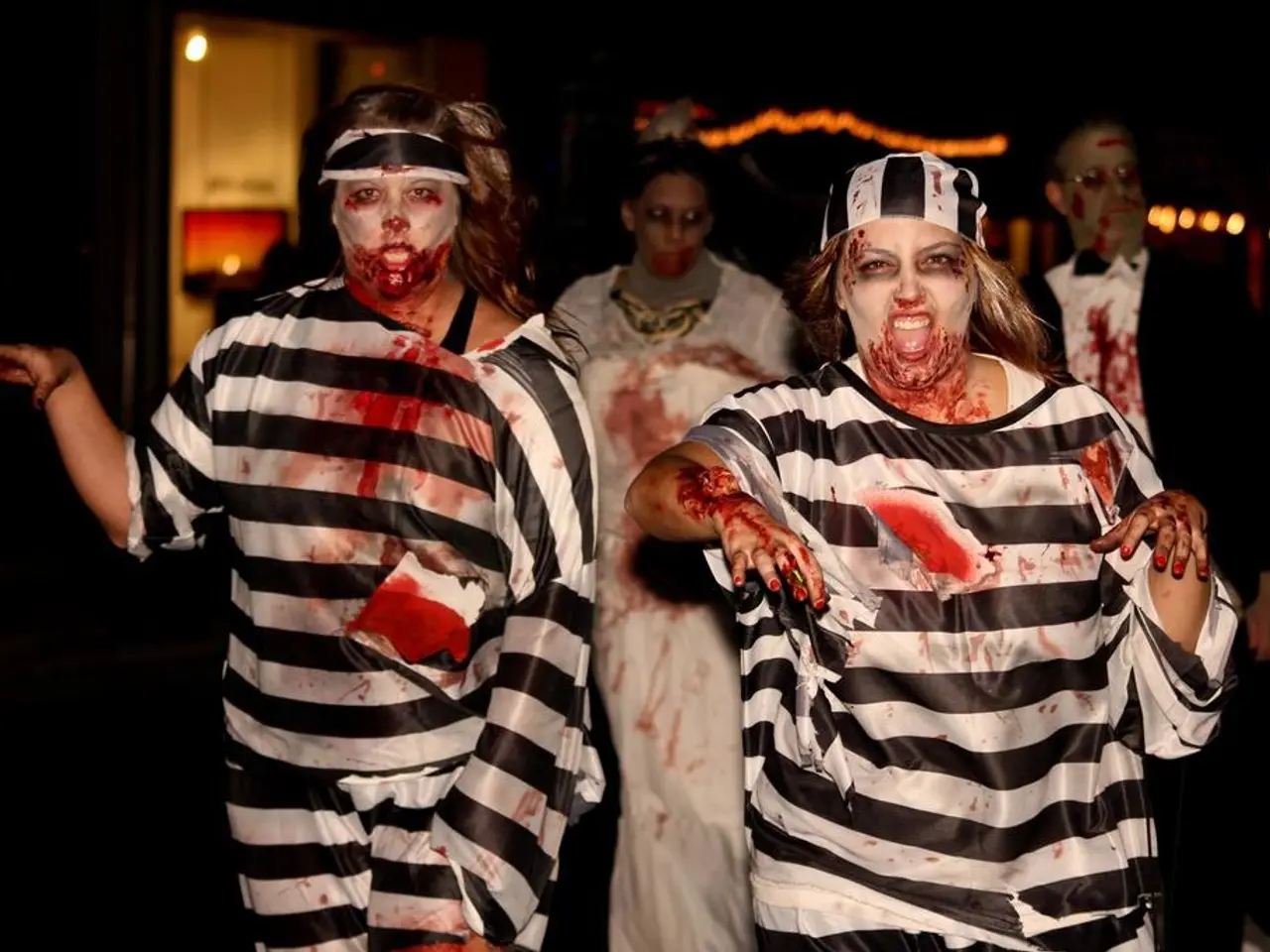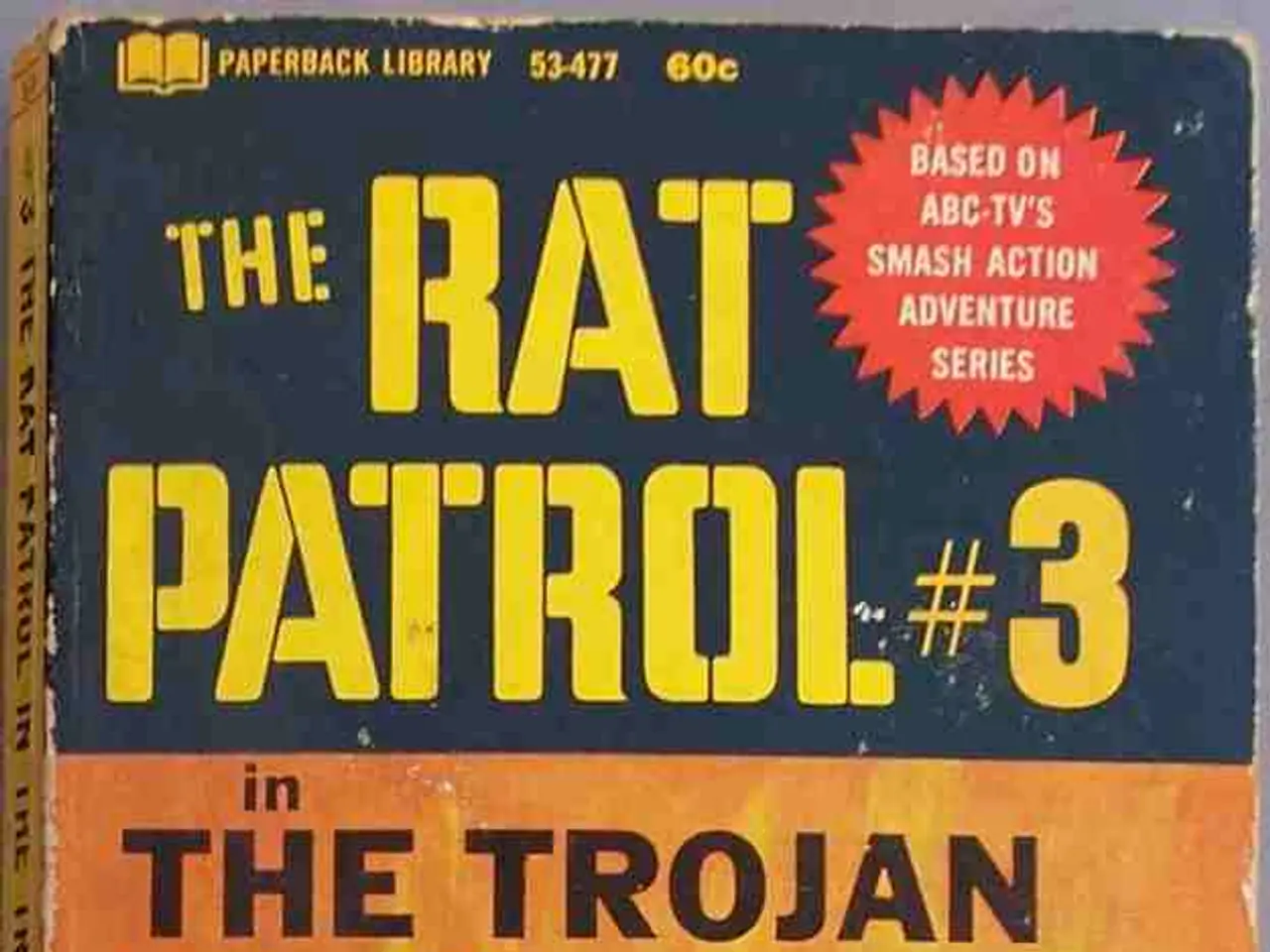Hydra album, though not Toto's most commercially successful, showcases their most progressive aspects with its intricate fills and rhythmic shifts.
In the world of music, few bands have managed to blend diverse styles with such finesse as Toto. Their second album, Hydra, released in 1979, stands out as their most progressive work, a testament to their exceptional musicianship and originality.
Hydra is an intricate tapestry of rock, soul, jazz fusion, funk, and pop, woven together with complex, grandiose orchestral arrangements and unorthodox rhythms. The album's musical experimentation is evident in every track, showcasing the versatile skills of the band members.
Steve Lukather, the band's guitarist, comfortably navigates various styles on the album, while Jeff Porcaro's intricate drumming, David Hungate's expressive bass, David Paich's melodic piano and organ, Steve Porcaro's off-kilter synths, and Lukather's versatile guitar work contribute to a sound that is eclectic and experimental compared to their more straightforward, commercially successful albums.
However, Hydra did not achieve the same commercial success as albums like their debut Toto (1978) and Toto IV (1982). Its progressive nature, marked by extended compositions, fusion influences, orchestral elements, and less conventional song structures, tends to appeal more to fans of intricate and eclectic music rather than casual rock listeners.
Despite not being one of Toto's best sellers, Hydra continues to showcase the band's unique style and off-the-scale musicianship. Tracks like "Hydra," a multi-part atmospheric composition, and "Mama" and "99," which extend from funk into jazz-fusion territory, are testament to this.
Moreover, the vocals on Hydra are a little different, featuring a mix of styles from various band members. Bobby Kimball sings only half of the album, with David Paich and Steve Lukather contributing their own vocals.
The band carried over successful elements from Hydra to carve out a career without compromising their integrity. Toto's second album, Hydra, remains their most eclectic release, a progressive masterpiece that continues to resonate with fans of intricate and eclectic music.
In summary, Hydra stands out in Toto’s discography as their most progressive effort due to its musical experimentation and fusion of genres, even though its commercial impact was limited compared to their more accessible, hit-driven albums.
- Toto's second album, Hydra, is a progressive rock album, marked by extended compositions and fusion influences.
- The album, Hydra, is a testament to Toto's exceptional musicianship, featuring complex rhythms, unorthodox arrangements, and diverse styles.
- Steve Lukather, the band's guitarist, displays his versatile skills on the album Hydra, navigating various styles with ease.
- Jeff Porcaro's intricate drumming, David Hungate's expressive bass, David Paich's melodic piano and organ, Steve Porcaro's off-kilter synths, and Lukather's versatile guitar work create an eclectic and experimental sound on Hydra.
- Hydra's progressive nature, which includes less conventional song structures and orchestral elements, appeals more to fans of intricate and eclectic music.
- Tracks like "Hydra" and "Mama" and "99" on Hydra showcase the band's unique style and off-the-scale musicianship, with these songs extending from funk into jazz-fusion territory.
- Vocals on Hydra are a mix of styles from various band members, with Bobby Kimball, David Paich, and Steve Lukather contributing to the album.
